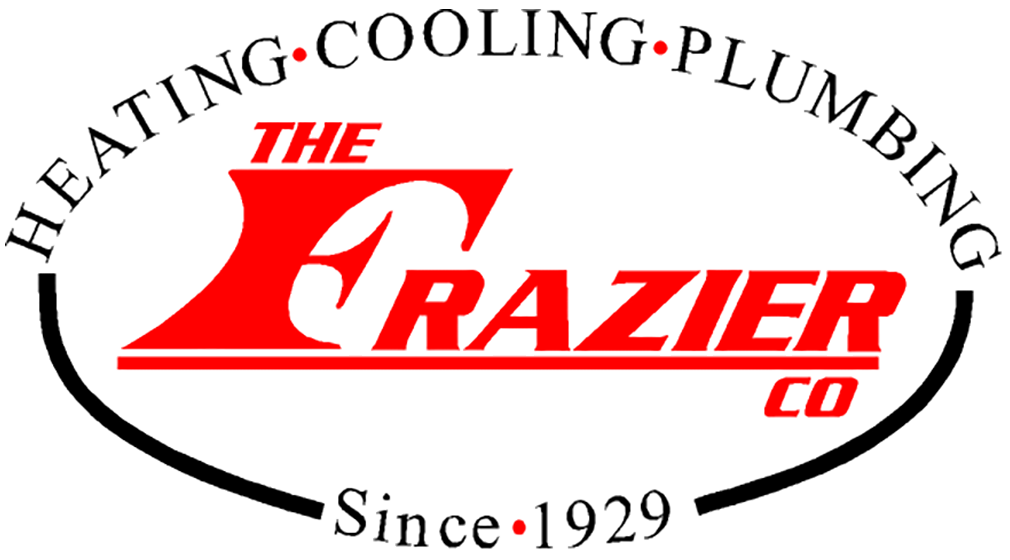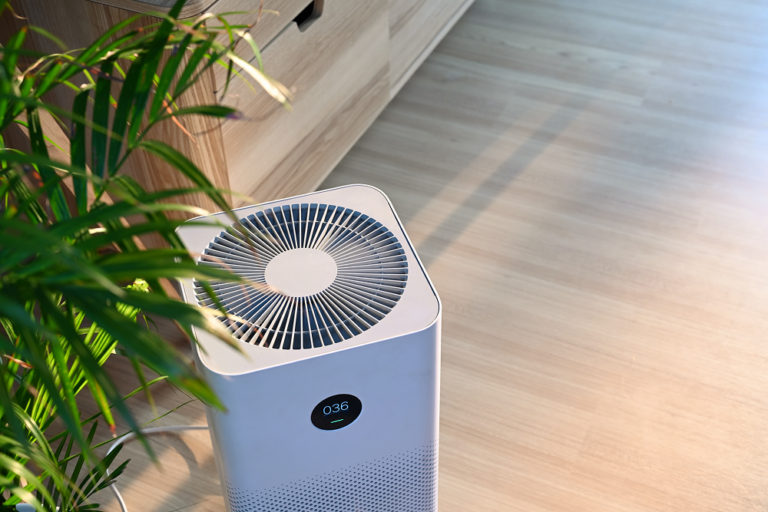If you’re shopping for an air purifier, you could be noticing that some kinds are producing a lot of claims. And some of those claims could appear too good to be true. So, it’s only expected that you might be thinking are air purifiers a waste of money.
They’re worth it, according to the EPA, because they’re a fantastic way to better your Omaha residence’s indoor air quality. Newer homes are tightly sealed and thoroughly insulated, which is fantastic for energy efficiency, but not so fantastic for indoor air quality.
Since newer houses don’t normally let in as much fresh air as old residences, pollutants such as dust, pet dander and cleaning products can build up inside. The outcome? Air that’s more polluted than the outdoors, which is bad news if you are dealing with allergies, asthma or are sensitive to respiratory irritation.
Our indoor air quality pros at The Frazier Company can help you cut through the clutter and choose the best home air purifier. Just contact us at (402) 919-5185 and we’ll be happy to assist you. Meanwhile, find out more about how air purifiers operate, their pluses and our recommendations to help you find the right air purifier.
How Does an Air Purification System Work?
Most home air purifiers have a fan to draw in air. Then, the air moves through one or more filters to collect pollutants before being recirculated.
These filters can include a charcoal filter, to get rid of odors, and a HEPA, or high efficiency particulate air, filter. A HEPA filter is at least 99.7% effective at capturing miniscule particles as small as .3 microns, such as dust, pollen, mold and some bacteria.
An air purifier can be movable and used to treat a single space. Or they can be added to your HVAC system, delivering effective filtration for your complete residence.
The EPA says you should know that air purifiers can’t eliminate every contaminant from your residence’s air. But when used along with an enhanced filter for your HVAC system, they can greatly decrease the amount of indoor air pollution.
4 Benefits of Air Purification
Installing an air purifier in your house can deliver many good health advantages. Here are just a couple of them.
1. Decreases Allergy and Asthma Triggers
Air purifiers reduce irritants in your residence, including some of these typical triggers:
- Dust
- Pollen
- Mold
- Volatile organic compounds, like cleaners, air fresheners and personal care products
2. Lowers Other Symptoms Associated with Poor Indoor Air Quality
Even if you or someone in your home doesn’t struggle with allergies or asthma, an air purifier can alleviate other issues associated with bad indoor air quality. These include:
- Scratchy throat, eyes, nose or skin
- Headaches
- Sneezing and coughing
- Fatigue
- Dizziness
- Nausea
It can be hard to distinguish symptoms associated with indoor air quality, as they can be triggered by a lot of other illnesses. However, if you’re aware that you feel better after you leave your residence, your indoor air quality is likely causing a problem.
3. Removes Odors
Lingering odors, including cigarette smoke or cooking smells, can be tricky to remove. If you having difficulties with getting rid of persistent smells in your home, our pros suggest buying an air purifier with a charcoal or activated carbon filter.
4. Can Reduce Your Probability of Being Sick
An air purifier can inactivate some bacteria and viruses under certain airflow conditions, keeping you and your family in good health even more so during colder months. To take complete advantage of this perk, our pros recommend a UV air purifier. Disinfecting ultraviolet light delivers an extra layer of safeguard against airborne pathogens.
Air Purifiers to Avoid
You’re better off without certain air purifiers. Here are a few features to skip when choosing a system for your home:
- Makes ozone. Some air purifiers create ozone, which can aggravate your lungs. The EPA recommends staying away from ozone air purifiers.
- Doesn’t include HEPA filters. For the best results, you’ll want a HEPA air purifier. Known as the gold standard for clean air, HEPA filters are used in many healthcare settings, including hospitals.
- Only purifies an individual room. We advise installing a whole-house air purifier, which filters the air across your home. This style operates alongside your heating and cooling system.
When you partner with the indoor air quality professionals at The Frazier Company, we make it simple to buy the best air purifier for your home. Contact us at (402) 919-5185 to start breathing cleaner air today!

